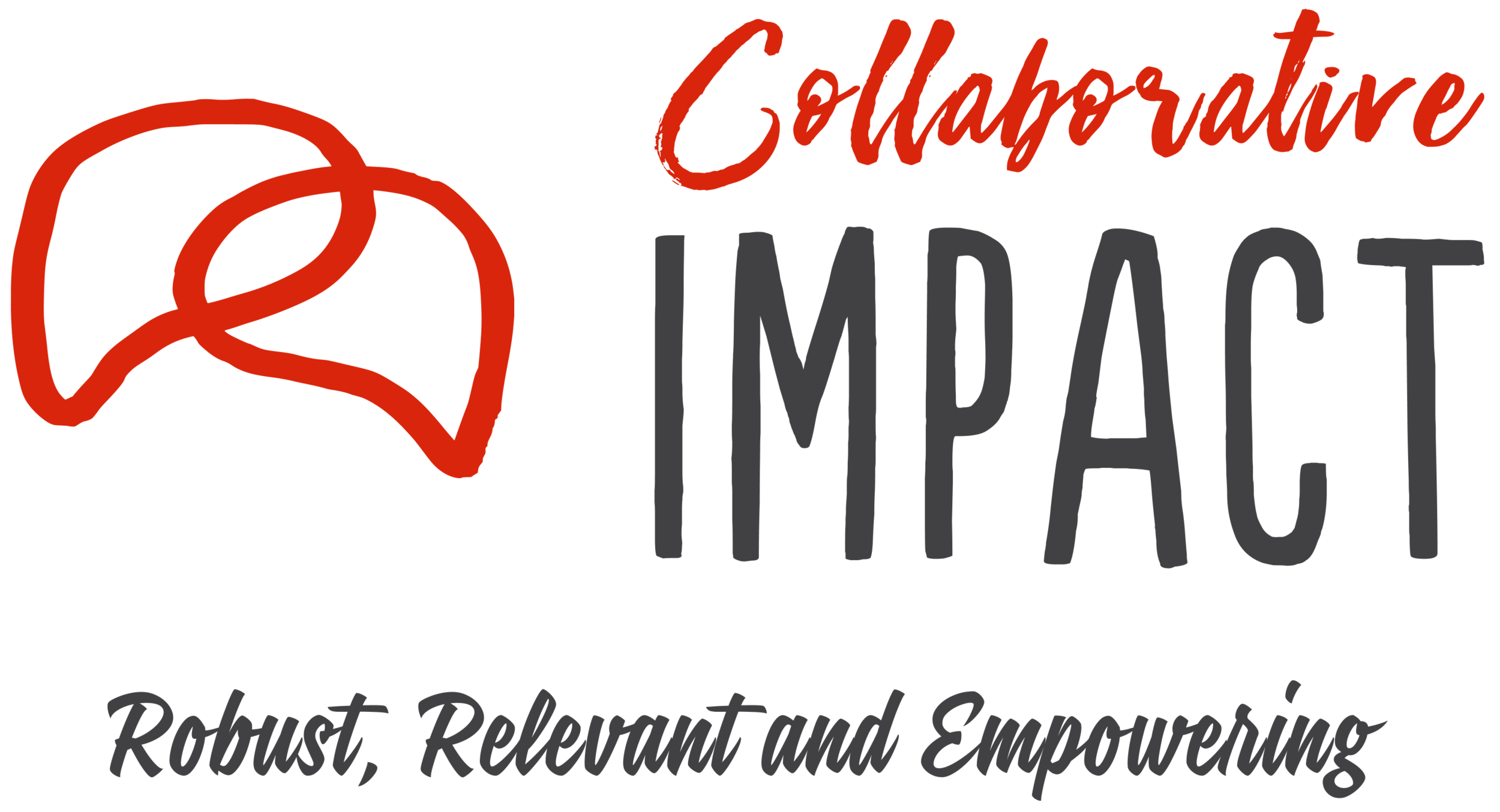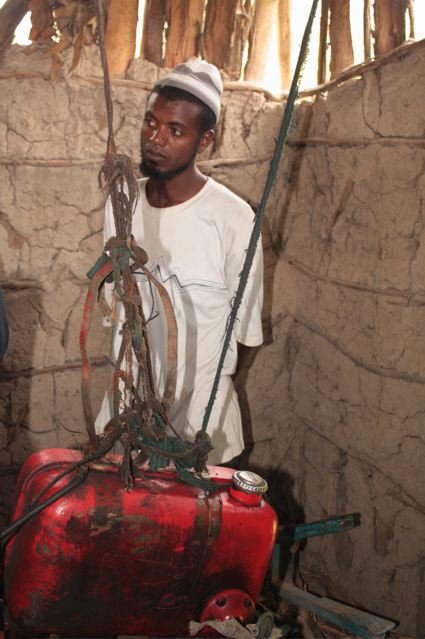STRATEGY DESIGN AND IMPACT MEASUREMENT FOR PRODUCTIVE WATER RIGHTS IN ETHIOPIA
Development of a collective strategy and impact measurement framework for small-scale watering and irrigation with Oxfam and stakeholders in Ethiopia
Client
Oxfam America
Period
2009 - 2011
Services
Strategy and Learning,
Partnership
Location
Ethiopia
Areas
Sustainable Agriculture & Food,
Climate Resilience
This work was the precursor to the PIALA initiative with IFAD. The focus was on developing a rights-based strategy and impact measurement framework for Oxfam America’s 11-year programme aimed at enhancing the water rights of smallholder producers in Ethiopia. The work was spearheaded by Adinda van Hemelrijck under employment by Oxfam America before Collaborative Impact was born.
The process spanned two years and unfolded through multiple recursive stages of collaborative design with programme partners and stakeholders. Resembling what later came known as PIALA, adopting a Theory of System Change (ToSC) focused on achieving ‘collective impact’, a concept later published by Stanford Social Innovation Review.
Facilitated by Matter Group, a simplified version of the ToSC was crafted as an illustrative drawing to spark discussions during a three-day design workshop. The workshop focused on:
Identifying pathways for addressing the complexities of water resource development and water rights distribution and allocation in diverse remote areas of Ethiopia, and
Pinpointing stakeholders’ complementary roles and responsibilities, alongside their assumptions about effecting systemic change.
Without any fallout, sixty-five people from three regions (Amhara, Oromia and Tigray) participated in these dialogues conducted in four different languages. Participants comprised members from NGOs, research institutes, implementing partners, international funders, regional and federal government, and smallholder farmers and pastoralists (both women and men).
Initially, the ToSC was discussed in plenary in its entirety, then dissected into small segments for deeper analysis and refinement in smaller groups. This thorough process laid the groundwork for finalizing the ToSC model, delineating stakeholder relations and contributions, and identifying key indicators and methods for assessing change pathways to impact.
Ultimately, a charter was drafted with a core group of partners to guide their collaborative management of the programme, encompassing ‘co-strategizing’, ‘co-funding’, co-measurement’ and ‘co-learning’.




